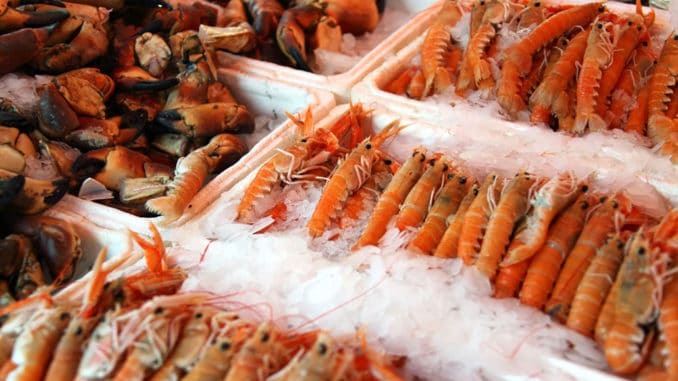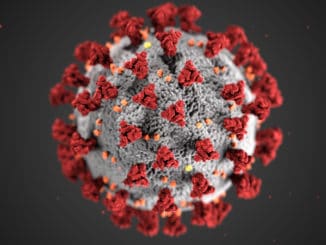
I was always told that I was allergic to shellfish. Because of this, I stayed away from it most of my life. There were occasions where I accidentally ate shrimp and immediately got nauseous and/or threw up. I also got nauseous at the smell of it. One year, I went to a crab feast despite my allergy. After eating a full non-shellfish meal, I ate crab. My reaction on that occasion was similar to a cold. I had a runny nose and was sneezing. A year later, I tried crab again, and again, I had a full non-shellfish meal before the crab and had the same reaction. The next day, eating crab before anything else caused my tongue to get itchy and my lip swelled up.
There are three types of food related sicknesses that are often lumped together as food allergies; food aversions, food intolerance, and food allergies. Food aversions are psychological and isn’t the body reacting to the food, but rather the mind reacting to the thought of the food. Intolerance is the body’s inability to digest the food properly, think lactose intolerance. A food allergy is the body’s defensive mechanism being triggered to protect itself from harm. It’s this reaction that’s the danger and not the actual food.
Shellfish Types
There are two categories of shellfish, crustacean and mollusk. Crab, lobster, and shrimp are crustaceans, while mussels, clams, and oysters are mollusks. Keep in mind that squid (calamari) and octopus are also mollusks. It is possible to be allergic to just one kind of shellfish, but can eat others without an issue.
How I Overcame it
After those times of eating crab with only a mild allergic reaction, I developed a love for it. Over the years, I would eat a non-shellfish meal followed by crab legs. It was only once in a while, but eventually I stopped having reactions. I can eat crab, calamari, and clam chowder without having to eat a meal first. I’ve since tried shrimp and lobster without a reaction. I don’t care too much for shrimp or lobster, so I tend not to eat them. There are current studies in the treatment of peanut allergies (http://www.webmd.com/allergies/news/20160818/peanut-allergy-treatment-the-earlier-in-childhood-the-better#1). The treatment is a safeguard for accident ingestion by lessening the allergic reaction.
Food Allergy and Survival
A food allergy in a survival situation can literally be damned if you do, damned if you don’t. If that food is the only food available, you can’t eat it and try to suppress your allergic reaction. At the same time, you must eat something. Finding out that you’re allergic to a food in a survival situation or an emergency is extremely dangerous. The resources needed to treat a severe allergic reaction may not be available and can result in death. Food allergies limit how we can prepare for emergencies or survive in the wilderness.
If you think you have a food allergy, have an allergist confirm it. At times we’re told we have allergies that we don’t really have, but instead develop an aversion. Under a doctor’s supervision, some allergies can be treated using oral immunotherapy (what I did). Doing it on my own could have had a disastrous outcome and I don’t recommend it. Once you have a confirmed food allergy, be sure to get an epinephrine auto injector and work with your doctor for possible treatment. We’re led to believe that the best course of action is avoidance, but we should try to treat and/or cure it, under medical supervision, if possible. The price of the EpiPen epinephrine auto injector was recently over $600 for 2, just because they can. If we treat food allergies to the point where the reaction to an accidental ingestion is a mild irritation, it can minimize the need for EpiPens and possibly prolong our survival if SHTF.
Disclaimer: We are not doctors. The content in this post is for informational purposes only. It is not our intention to substitute the professional advice and/or diagnosis of your doctor. Always follow the advice of your medical professional.




You know, I once met a doctor who told me an interesting story: like you, she had a food allergy for much of her life (pineapples). When she ate them in America, she had an unpleasant allergic reaction. Then one time when she went to Jamaica and unknowingly ate something that contained pineapples, guess what happened? NOTHING. Worth considering is whether we are really allergic to whatever food in question, or we’re allergic to the BigAg genetically modified versions of those foods (and in the case of meat, the farmed and hormone laden animals).